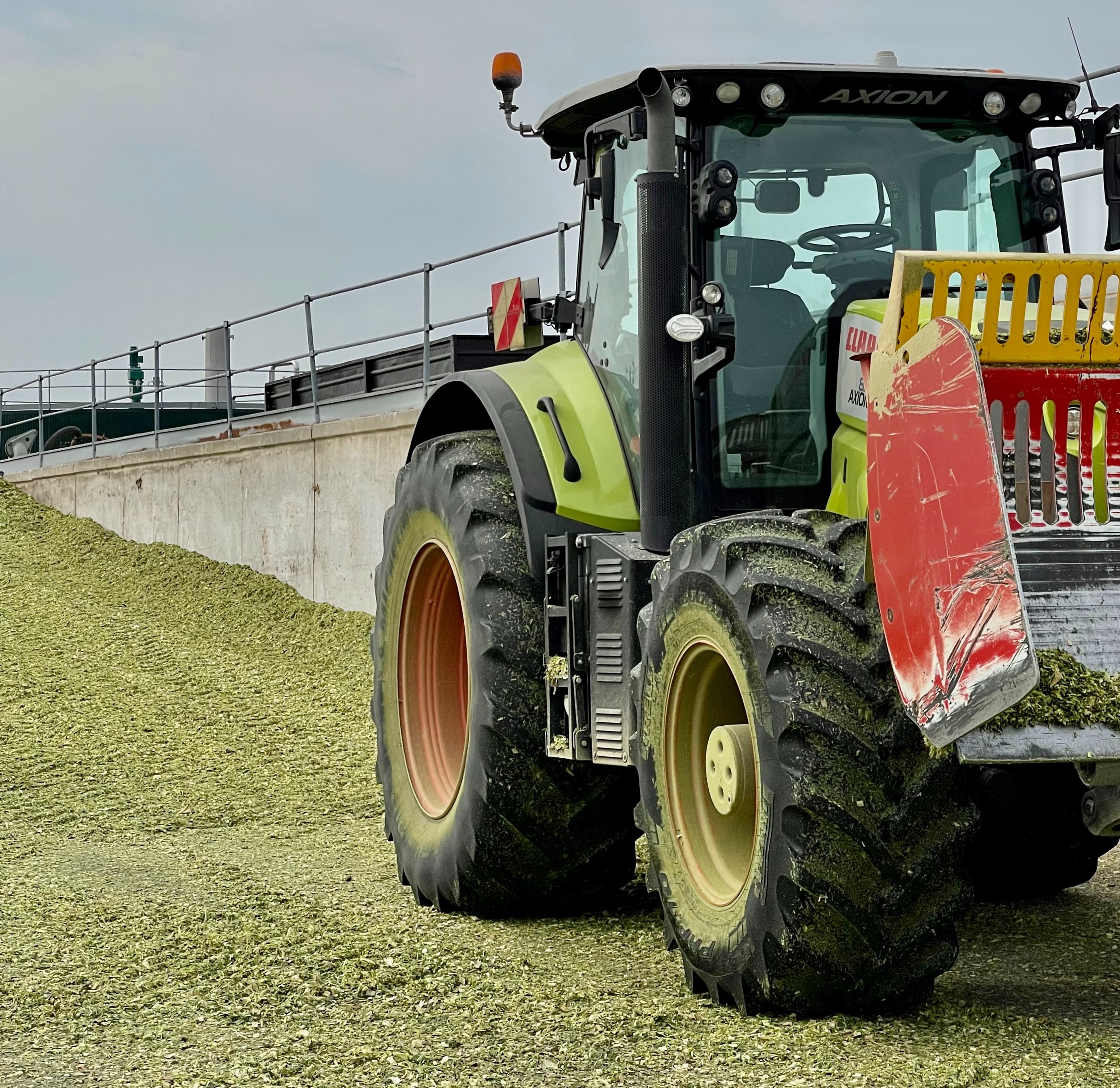Are you a silage optimist or pessimist?
28 June 2022
There are two ways of looking at the current dairy situation.
Focus on the strong milk price and say: “Okay, what can I do to cost-effectively maximise milk output?”
Or, look at high feed costs and think: “How can I use less purchased feed?”
Either way, the answer could be the same: maximise milk production from homegrown forage.
For silage, this essentially means harvesting a good crop of grass, wholecrop or maize in the first place, then minimising the amount that goes to waste in the clamp.
Average losses
Even average losses in grass and maize clamps can equate to about 1 in every 10 trailer loads of dry matter (DM) ensiled being lost. But losses can easily be higher. And it’s not just quantity that declines.
Microbes that feed on silage preferentially consume its most nutritious elements, such as the sugars, which are key drivers for milk production.
When really undesirable microbes get involved, such as slurry or soil bacteria or yeasts and moulds, palatability and therefore silage intakes can also be reduced.
Clamping down
Clamp management techniques that reduce undesirable microbes and improve conservation are well documented (see www.cuttoclamp.com). But don’t forget other important steps to better silage – such as harvesting crops in peak condition.
Maize, for instance, should be harvested not only when cobs are ripe but before green leaves die back, when digestibility declines.
Moreover, with good silage a particularly valuable asset this season, with higher growing and feed costs, don’t overlook the value of protecting your investment with a proven bacterial additive. The right ones really do work. Don’t just take my word for it. Look for proof.
Ecosyl, which contains the beneficial bacterial strain Lactiplantibacillus plantarum MTD/1, has been shown to halve DM loss in grass silage. Across a range of silage crops in independent trials, including grass and maize, it has also increased milk yield by an average of an extra 1.2 litres/cow/day compared with feeding untreated silage.
For specific treatment of higher %DM silages such as maize and wholecrop that are prone to additional losses from heating, Ecocool contains a tailored dose of the same MTD/1 strain, but blended with a second bacterium to target yeasts and moulds.
Ken Stroud can be contacted at Volac on 07713 197084 or via ken.stroud@volac.com
Looking to make consistently better silage? Check out our range of useful, interactive resources and downloadable product brochures with all you need to know about making consistently better silage.